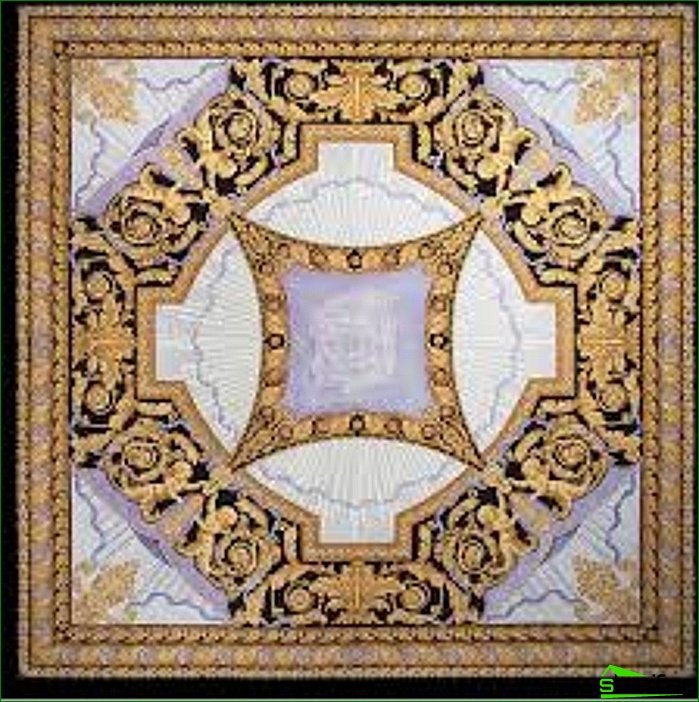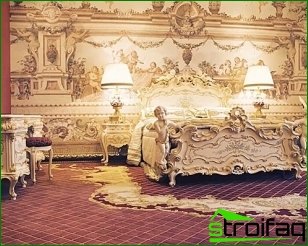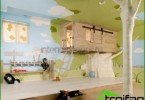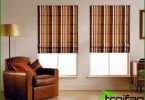For centuries, the craft of creating original, comfortable and practical flooring has flourished. Today you can make custom-made carpets to order or buy machine carpets, choose textiles from natural materials or synthetics, with large pile or without it at all. Dozens of types and hundreds of samples are presented in the catalogs of professional ateliers – from classics and antiques to designer models. New ways of weaving, original methods of dyeing fibers and techniques for creating ornaments are regularly laid around. In such a variety of species, it is difficult to make a choice and purchase the right carpet. It is worthwhile to study in more detail the classification of such products in order to navigate in an ever-expanding assortment..
Basic carpet manufacturing techniques
To begin with, it is worth highlighting two general categories – handmade products and machine carpets. Many consumers want to buy a sample made to order, a woolen or silk carpet is suitable for decorating a house, a cottage, an office. In some cases, it is not rational to take a handmade carpet from natural fiber. It is more practical to order a machine carpet made of synthetic or combined materials to decorate public and entertainment facilities, halls, hotel rooms and restaurants.
In addition, carpets are classified according to the type of pile. It can be long and short, with loops and cut, twisted and straight, single-level and multi-level with a relief pattern. There are lint-free patterns woven from thick threads. These types of carpets are most easily cleaned, but do not provide thermal insulation of the floor covering..
Types of materials for the manufacture of carpets
For the arrangement of offices and commercial facilities, practical and inexpensive products from:
• acrylic;
• polyamide;
• polypropylene;
• viscose;
• polyester.
For centuries, the craft of creating original, comfortable and practical flooring has flourished. Today you can make custom-made carpets to order or buy machine carpets, choose textiles from natural materials or synthetics, with large pile or without it at all. Dozens of types and hundreds of samples are presented in the catalogs of professional ateliers – from classics and antiques to designer models. New ways of weaving, original methods of dyeing fibers and techniques for creating ornaments are regularly laid around. In such a variety of species, it is difficult to make a choice and purchase the right carpet. It is worthwhile to study in more detail the classification of such products in order to navigate in an ever-expanding assortment..Basic carpet manufacturing techniques
To begin with, it is worth highlighting two general categories – handmade products and machine carpets. Many consumers want to buy a sample made to order, a woolen or silk carpet is suitable for decorating a house, a cottage, an office. In some cases, it is not rational to take a handmade carpet from natural fiber. It is more practical to order a machine carpet made of synthetic or combined materials to decorate public and entertainment facilities, halls, hotel rooms and restaurants.
In addition, carpets are classified according to the type of pile. It can be long and short, with loops and cut, twisted and straight, single-level and multi-level with a relief pattern. There are lint-free patterns woven from thick threads. These types of carpets are most easily cleaned, but do not provide thermal insulation of the floor covering..
Types of materials for the manufacture of carpets
For the arrangement of offices and commercial facilities, practical and inexpensive products from:
• acrylic;
• polyamide;
• polypropylene;
• viscose;
• polyester.
For home or country cottage, you can buy a carpet made of natural material:
• wool;
• silk;
• jute;
• sisal;
• cotton.

There are many combined types that allow you to make products with individual characteristics, depending on operating conditions. It can be more durable textiles, a material that does not absorb moisture, is easier to clean or does not retain traces of shoes. Polygamy options, profile studios offer standard designs and unique custom-made carpets. Cost depends on quality, which in turn is characterized by fiber density.







